In the age of sustainability and eco-conscious innovation, soybean protein fiber is making waves in the fashion industry. This biodegradable, bio-based fiber offers a cleaner alternative to petroleum-based synthetics, making it ideal for sustainable fashion brands and textile manufacturers. Derived from natural soybean by-products, soybean protein fiber provides excellent performance, comfort, and environmental value. In this article, we’ll explore seven key benefits of using soybean protein fiber in sustainable fashion and why it's becoming a favorite among forward-thinking manufacturers.
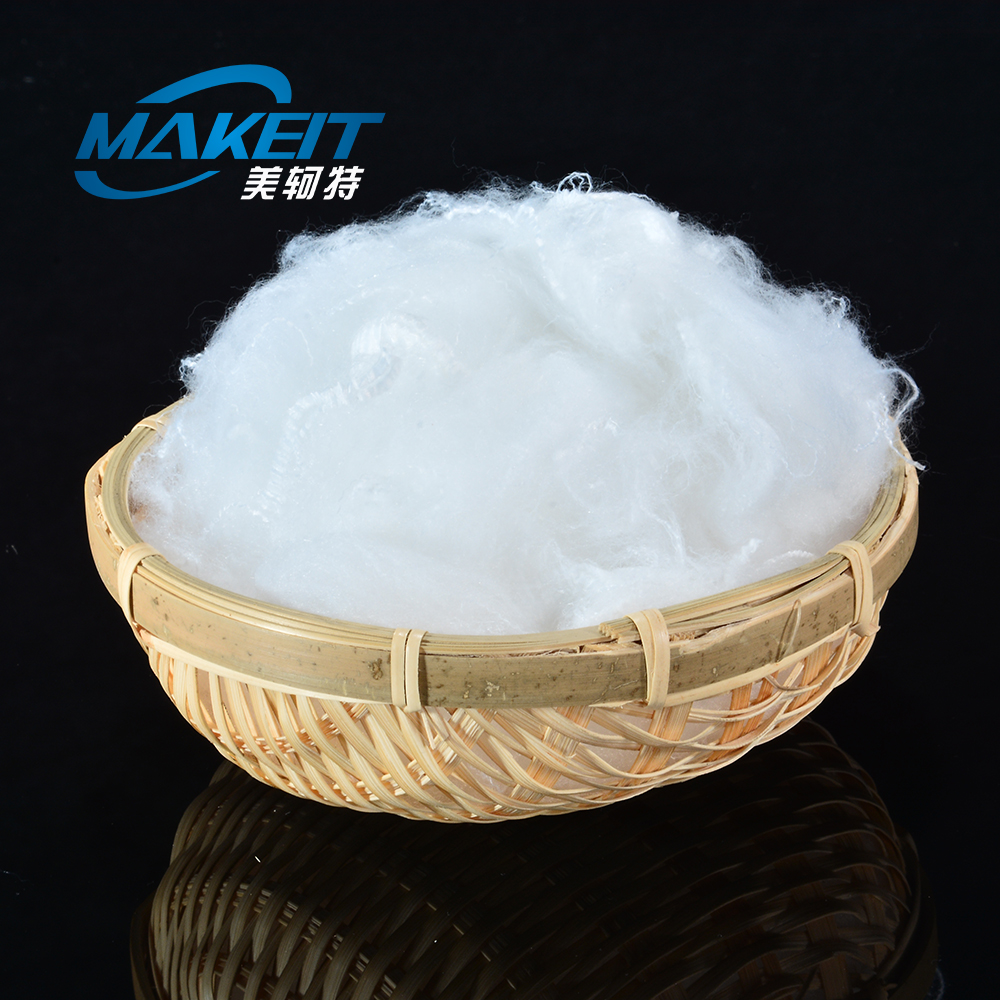
1. Eco-Friendly and Biodegradable
Soybean protein fiber is produced from renewable soybean protein extracted from the residue of soybean oil or tofu production. Unlike traditional synthetic fibers, it is 100% biodegradable. This means garments made with soybean protein fiber break down naturally, causing minimal environmental harm. Suzhou Makeit Technology, a certified sustainable fiber supplier, has integrated this eco material into its lineup, aligning with global recycling and zero-waste movements.
2. Softness and Skin-Friendly Feel
One of the most appealing traits of soybean protein fiber is its luxurious texture. Often compared to cashmere and silk, it offers a soft and silky hand-feel that enhances wearer comfort. Its amino acid composition makes it especially skin-friendly, ideal for sensitive skin and babywear. For fashion brands targeting comfort and natural fiber experiences, soybean protein fiber adds emotional and tactile value to products.
3. Excellent Moisture Absorption and Breathability
Breathability and moisture-wicking performance are crucial in activewear and everyday garments. Soybean protein fiber performs exceptionally well in this regard. Its porous structure allows it to absorb moisture quickly and release it into the air, keeping the wearer dry and comfortable. This benefit makes it a smart choice for sustainable fashion brands developing apparel for warm climates or physical activity.
4. Naturally Antibacterial and Odor-Resistant
Soybean protein fiber has inherent antibacterial properties, helping reduce odor and bacterial buildup on garments. Without the need for chemical treatments, clothes made from this fiber stay fresher longer and require less frequent washing, contributing to water and energy savings. For consumers seeking low-maintenance and clean-wear apparel, this is a significant value proposition.
5. Sustainable Production Process
The production of soybean protein fiber aligns closely with circular economy principles. It utilizes by-products from soybean food processing, converting agricultural waste into value-added textile raw materials. Companies like Makeit leverage this green manufacturing model, supported by certifications like OEKO-TEX® and GRS (Global Recycled Standard), to offer low-carbon, high-performance fibers at scale. Choosing soybean protein fiber means supporting a cleaner textile supply chain.
6. Versatile Applications in Fashion and Home Textiles
Whether it’s for outerwear, intimate wear, or home furnishings, soybean protein fiber is versatile and adaptable. It blends easily with other fibers like cotton, viscose, or PLA to enhance performance while maintaining eco credentials. Suzhou Makeit offers a wide range of soybean-based fibers customized for apparel, bedding, and more — meeting both fashion trends and technical requirements.
7. Promotes a Natural, Green Brand Identity
In a market where consumers are actively choosing sustainable products, brands need materials that reinforce their eco story. Using soybean protein fiber communicates a strong commitment to sustainability, environmental responsibility, and innovation. It gives fashion companies a clear marketing edge while helping them meet ESG (Environmental, Social, Governance) goals. Makeit’s advanced manufacturing and quality assurance processes make it easier for global partners to access certified, sustainable fiber solutions.
Conclusion
Soybean protein fiber is more than just an alternative to synthetic textiles — it’s a next-generation solution for sustainable fashion. With its softness, breathability, antibacterial nature, and low environmental impact, it addresses both performance and planetary concerns. As eco-conscious consumers push for cleaner choices, brands and manufacturers that embrace soybean protein fiber can lead the shift toward responsible production. Suzhou Makeit Technology stands ready to support this transformation by offering high-quality soybean protein fibers that meet global standards and market needs.
www.makeitfiber.com
Suzhou Makeit Technology

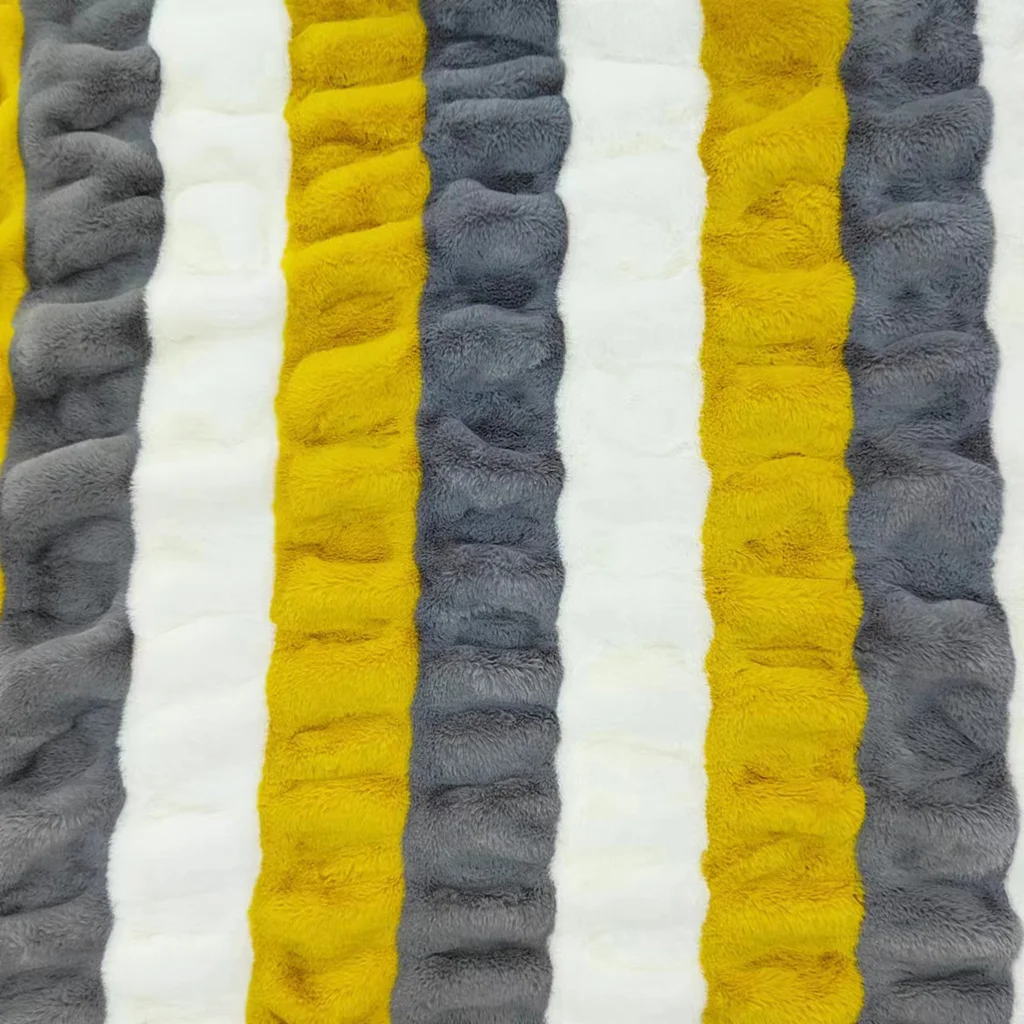
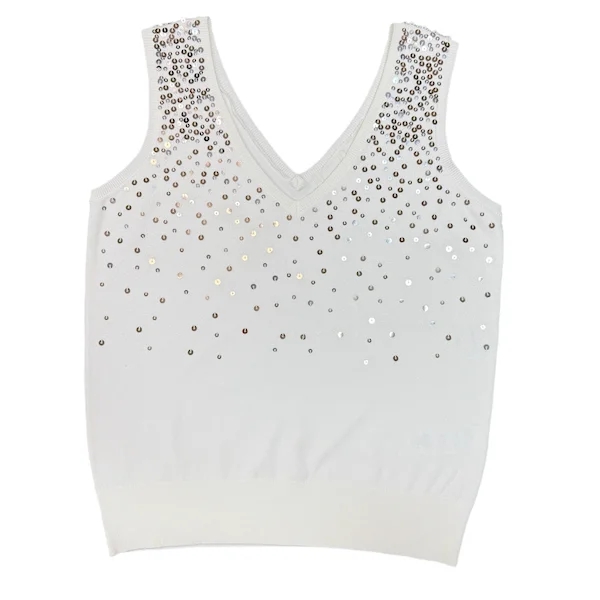
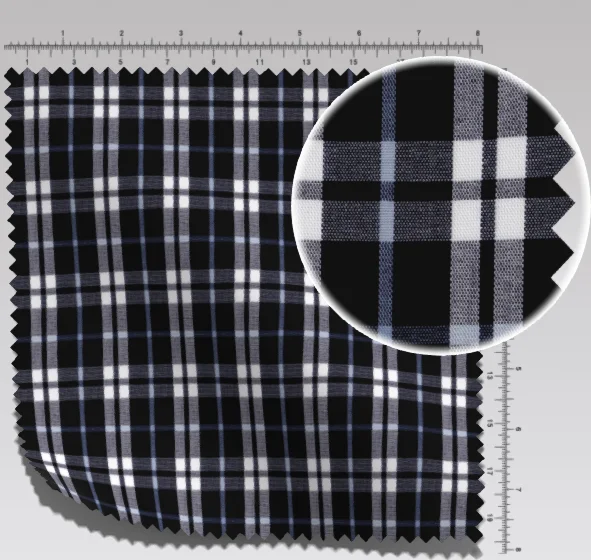
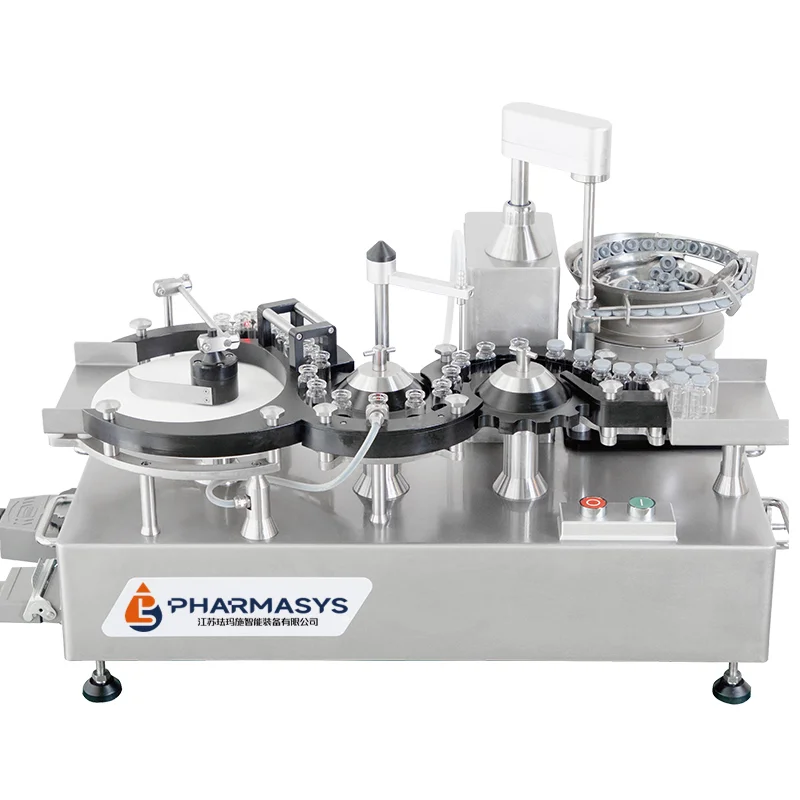

+ There are no comments
Add yours